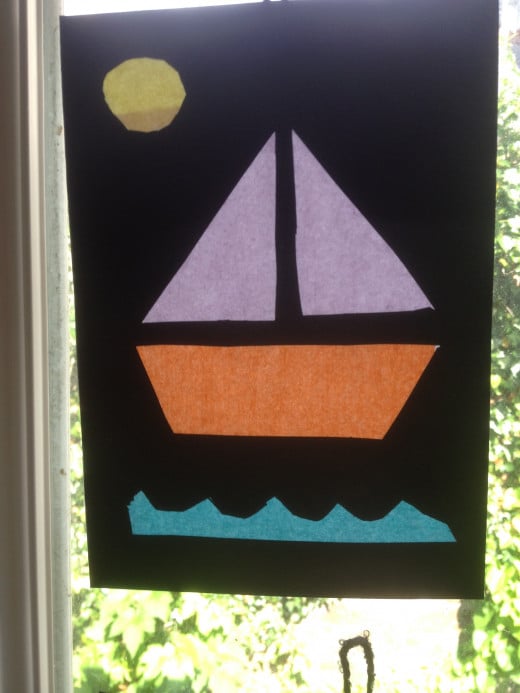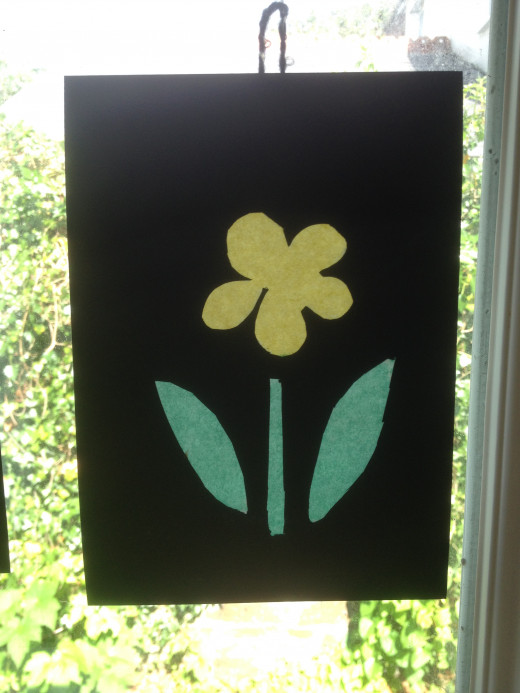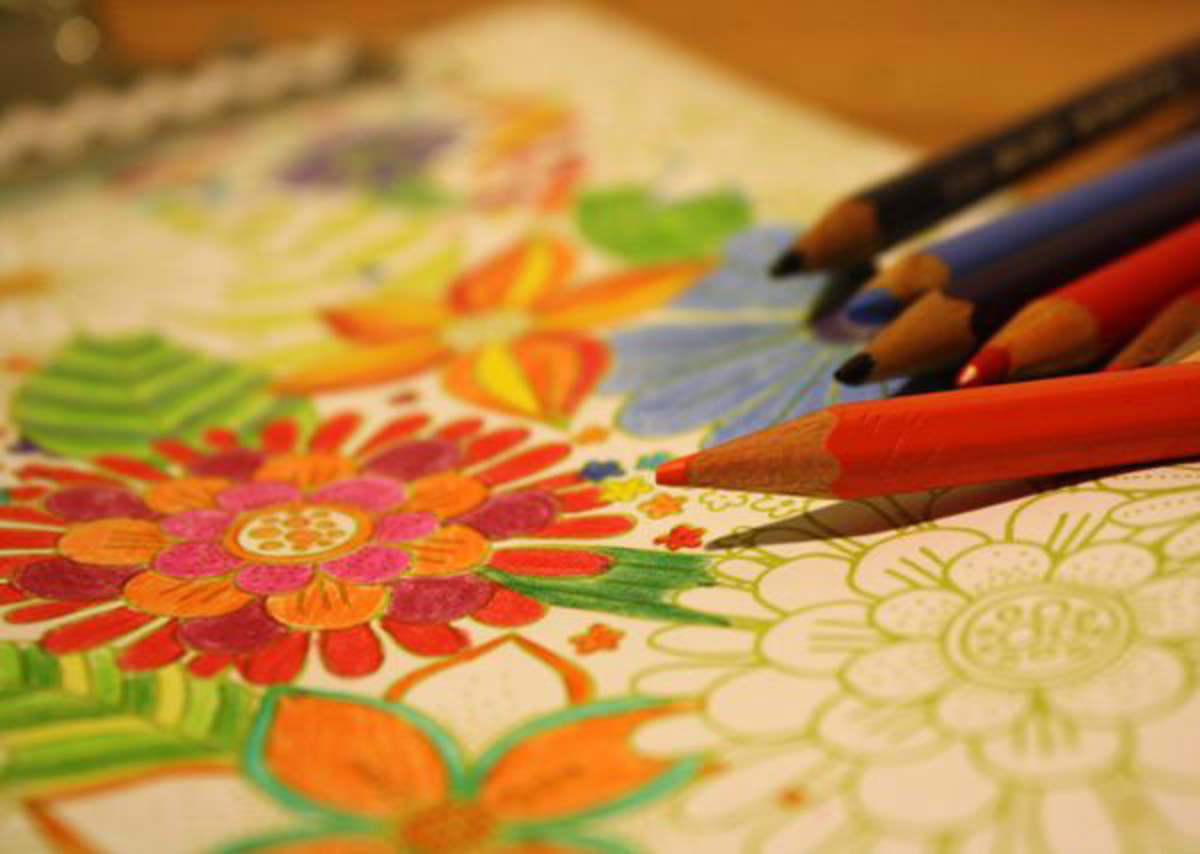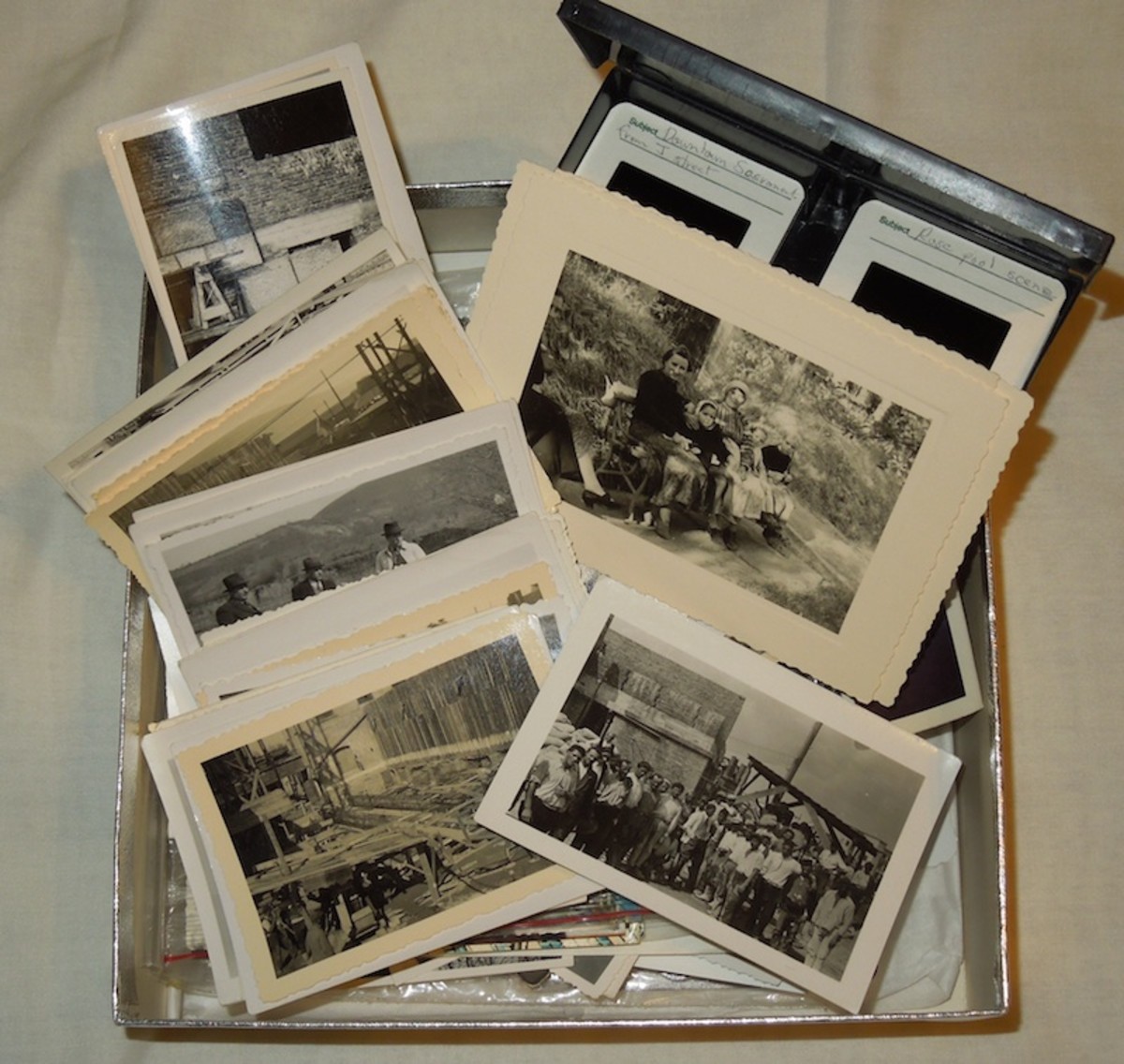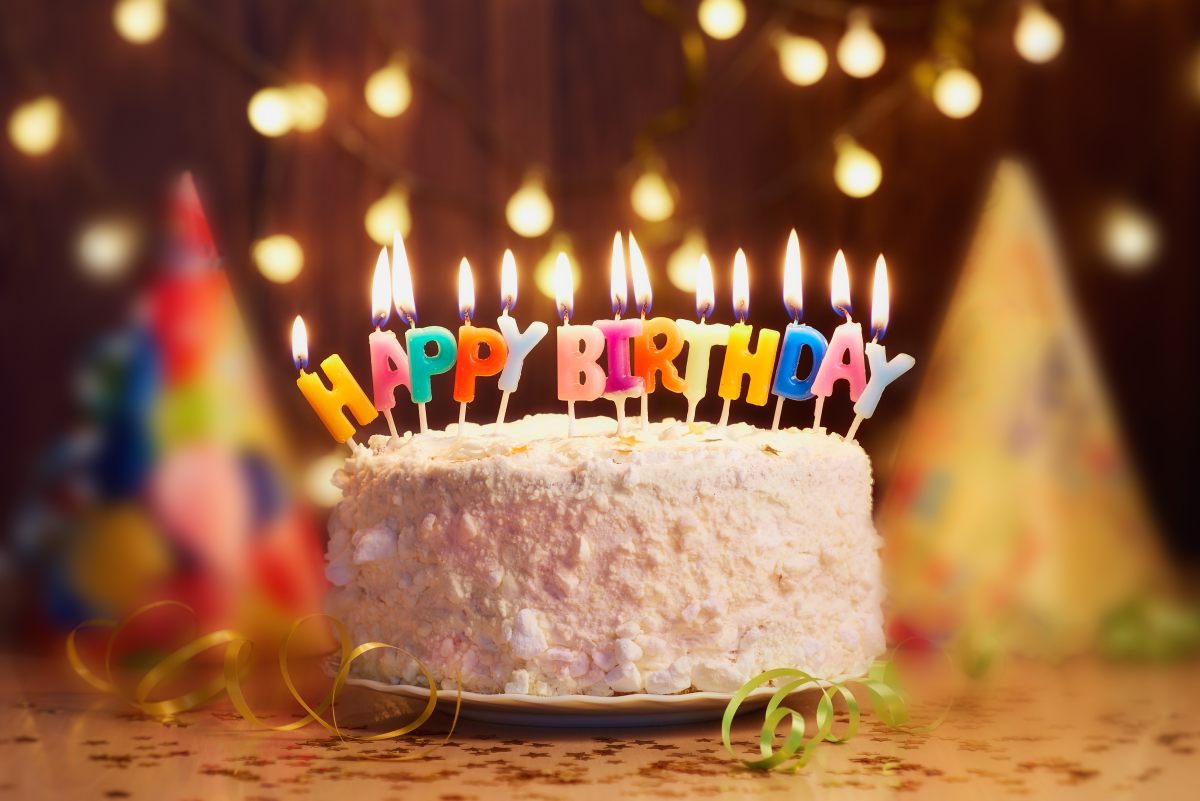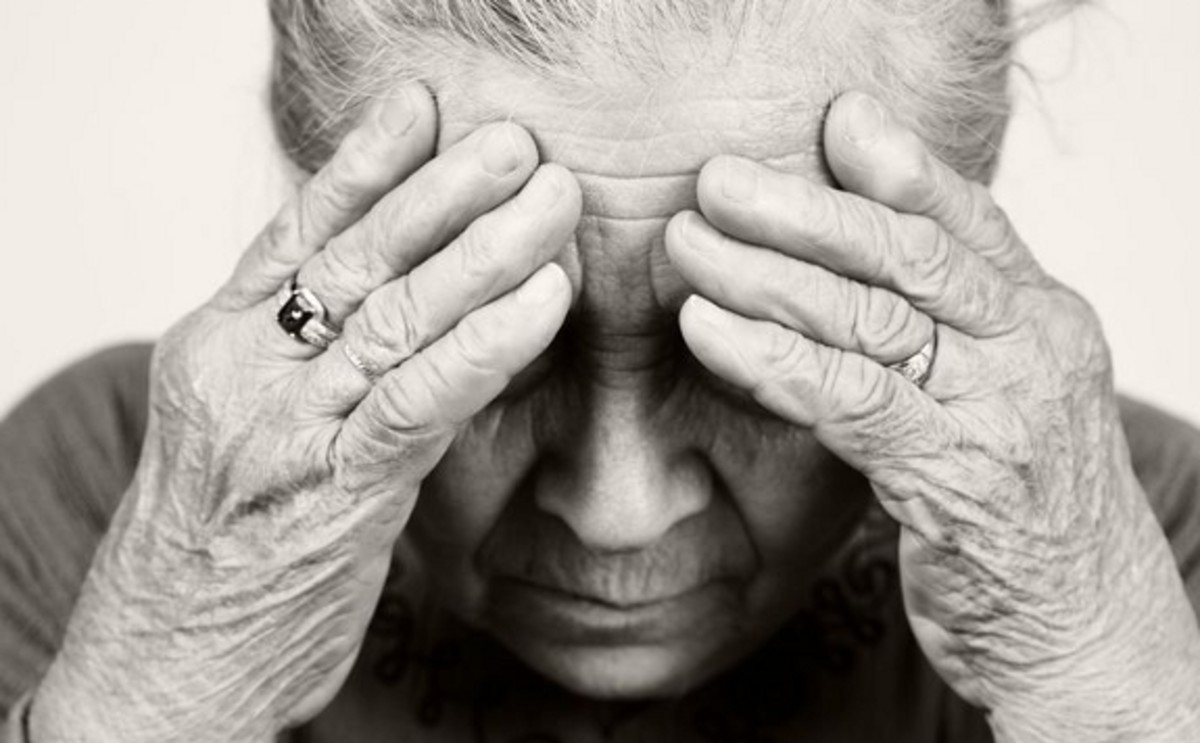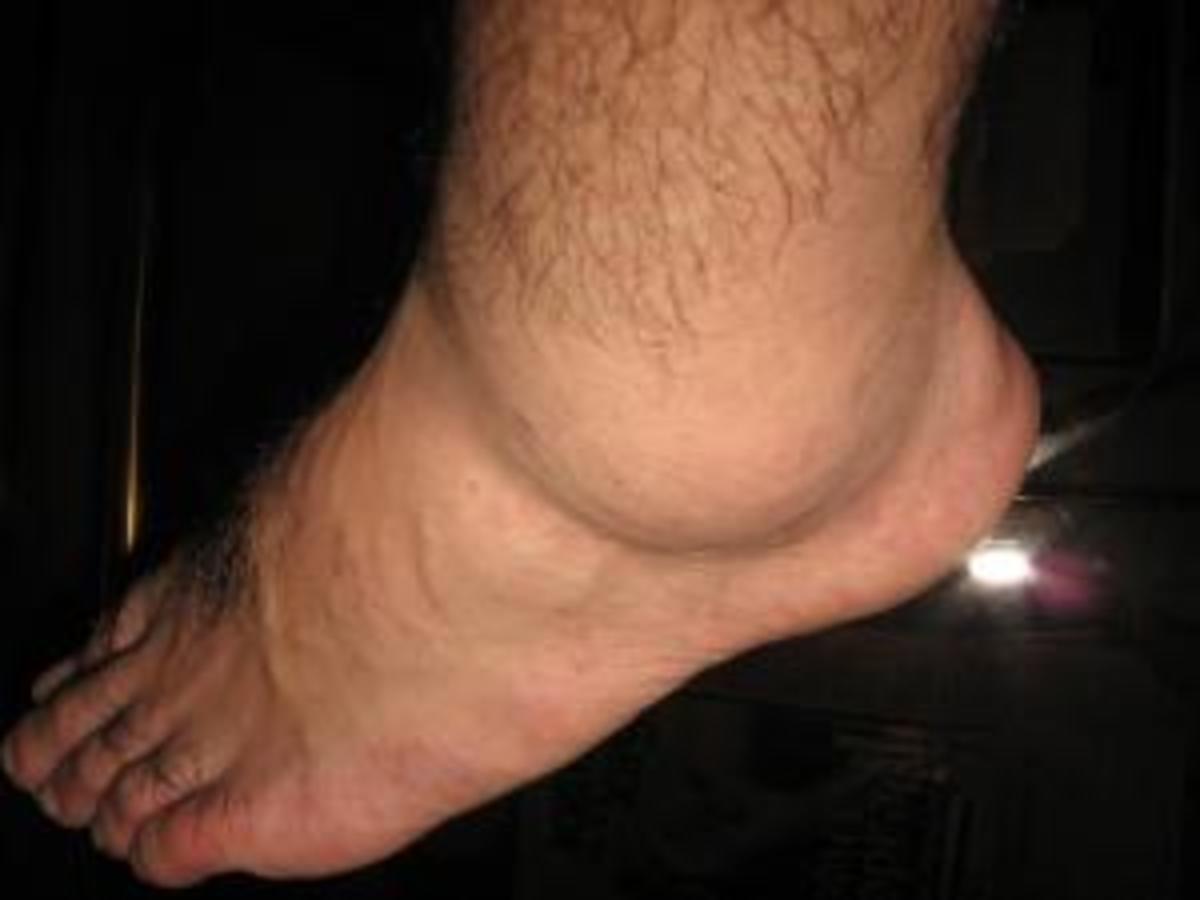Activities for elders in care homes
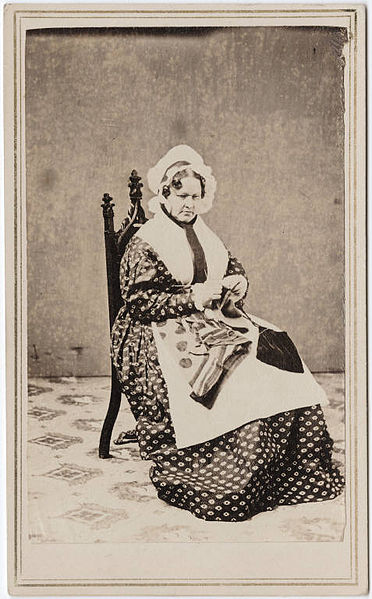
For the past seven years I have been working in a local care home as an Activities Co-ordinator.
Until fairly recently, care homes were dismal, sad places. The main activities were eating, sleeping and staring into space (when you weren't staring uncomprehendingly at the television).
What a terrible life.
Nowadays most homes in the UK employ an Activities Co-ordinator. In fact relatives often choose a home according to the quality of the activities laid on.
When I began as an Activities Co-ordinator in my local care home I had no previous experience of activities with elders, although I have always had a love of crafts, and being a musician I knew I would be able to entertain them on the piano and my accordion!
I soon realised, however, that there was plenty of scope for more, and that not everyone was either interested in, or capable of making things, and that some people, because of their medical condition are rather noise sensitive and so do not enjoy my playing the piano.
Below I list a few of the activities we do together. These can be adapted to the invidual home or resident's needs.
Card making
Many old people, particularly those with arthritis or dementia may initially put up barriers to this craft, believing falsely that it is beyond them. But with a little gentle persuasion ("I'll help you dear") they can be persuaded that it is not as difficult as it seems. They quickly warm to it and find immense pleasure in this activity!
I have the technique down to a fine art now - use images which can be cut out and stuck on the front of the card. Alternatively you might like to use gift wrap, cutting out squares or rectangles around a picture. This can be quite successful.
Some people may need assistance cutting out the image because they lack dexterity or understanding of what is required of them, or simply because their eyesight is poor.
Give what help you can though don't assume it is needed as that can be taken as a personal insult. Elders, even those with dementia need to retain their independence for as long as possible. If visual acuity is problematic outline the image with a black pen so they can see where to cut.
Some may need assistance with cutting. That's okay as long as you continue to give reassurance and are non judgemental of them. Always use round tipped children's scissors to protect against accidental injury. Allow the person to apply the glue to the back of the image using a glue stick. It is less messy and much easier to control.
Once it is stuck on it can look rough around the edges. I overcome this by using peel off borders. Allow your elder to'help' you do this (unless they can do it themselves) by running their finger along the border to stick it down.
Hey presto! you have a lovely card the making of which will give immense satisfaction to the elder and pleasure to the lucky recipient such as a son or daughter.
We always make Christmas and Easter cards, but this activity can be done for any other religious festival, New Year, or birthdays.
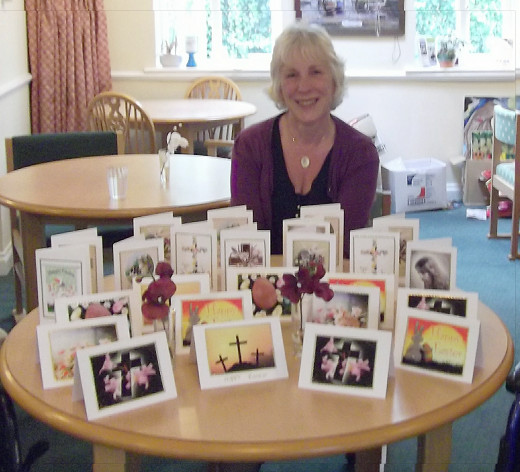
Reminiscence Hour
Once a week we take a trip down 'Memory Lane' which is the name I have given to this activity.
There are many ways to organise this to maximise its effectiveness. Here are two ideas -
* Lucky Dip - write different topics on small pieces of paper, fold and put in a container. Each person takes it in turn to pick out a topic and then talks about it. This usually encourages everyone else to talk about the subject too! Topics could include 'A Favourite Holiday', 'My First Car', 'Where Was I Brought Up', 'What was my Father's Job?' etc.
* Pass around a picture book on suitable topics such as 'The Role of Women in World War Two', 'Local Views', 'Animals', 'Christmas Past' etc...
This activity is important on two levels - it encourages memory and it facilitates conversation. What many elders lack is adult conversation as they often feel a sense of isolation. Just chatting about everyday things is vital to keep their minds active, but reminiscing is especially important as it is an affirmation of who they are and what their lives have been like.
The present is a scary place when you have dementia, but the past is reassuring, a comfortable place to be, when you were young and well and happy and fulfilled!
My residents love to talk about themselves and their families and what they did with their lives.
This activity is especially important from that point of view.
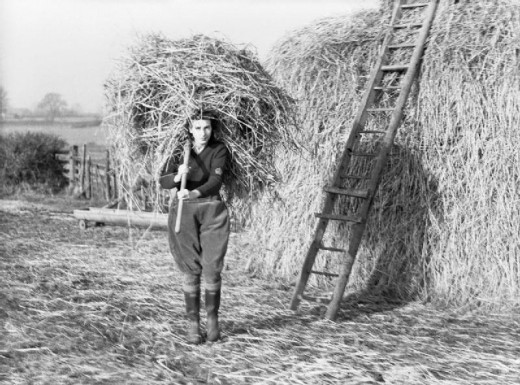
Community Hymn Singing
We call this 'Songs of Praise' (there is a tv show here in the UK by that name).
I have made up a folder of popular hymns printed off in large print for the visually impaired.
I try to make this time special for the residents, as most of them are housebound and cannot get to church on a weekly basis, if at all.
As well as hymn singing, I choose a suitable bible reading and maybe give a little talk, always finishing with The Lord's Prayer. This is especially important as it is one of the few things that even those with advanced dementia can remember and recite.
If your care home is of another faith, or mixed, then adapt accordingly. It is the sense of spiritual community and the sustenance received from this that is important to the elders, many of whom are struggling to come to terms with their situation and possible imminent death (although we do not dwell on that - I keep our meetings upbeat and positive).
One gentleman who stayed with us a couple of years ago was a Buddhist. I am very interested in Buddhism and I brought in a couple of meditative books which we read from. We also meditated together, which was precious and greatly appreciated by the gentleman concerned.

Scrapbooking
This is a new activity I intend to implement after Easter and I am very excited about getting it off the ground!
We have approximately 25 residents, on average, although I intend to start slowly with only 3 or 4 to begin with to see how it works out.
Scrapbooking is not something I have ever done, so I am open to ideas…If anyone has any thoughts, let me know – I’m open to suggestion!
Ideas so far are:
An introductory section in which the person writes down details of themselves, ie “I am Joe Bloggs. I was born in 1925 and have 4 children”. That kind of thing. Copies of photos could be included in this section.
Further sections could cover subjects such as “women’s hairstyles in history’ (one resident was a hairdresser); ‘horses and ponies’; WW2 aircraft ( a gentleman elder was a spitfire pilot in the war), etc etc. The list is endless.
I have a huge quantity of magazines which should provide endless hours of fun!
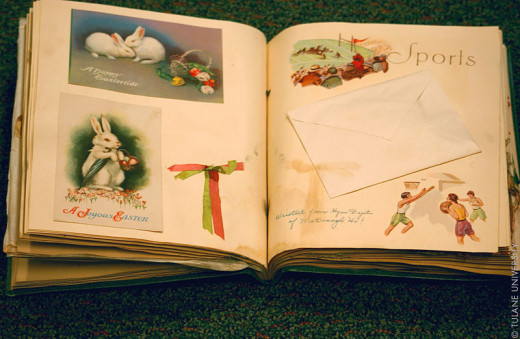
Art
Art can be very therapeutic for those with dementia, or indeed anybody, as it allows the elder to express themselves freely.
If you don't have the equipment or space to do this on easels, then just sheets of paper and some coloured pencils will suffice.
I have a large 'colouring in' book which my ladies especially enjoy. They often sign their 'work' and cut it out of the book to stick up on their bedroom wall!
Below is an interesting video on the benefits of art therapy in demenia -
Card Games
Many people of the older generation were brought up with cards as being one of the main sources of entertainment pre tv.
Most of my elders are unable to play a 'proper' game of cards, but this doesn't mean they should be excluded from the pleasure gained from playing.
Find a game they are capable of, such as 'pairs' (formerly Pelmanism), 'snap', 'patience' etc. Pelmanism was actually devised by a Dr Pelman in order to improve memory.
Although these games appear to a younger person without dementia to be terribly easy, to someone with dementia they present an enormous challenge.
When you have dementia you don't just forget things like what you had for lunch, or even what you said or did 5 minutes ago. It cuts to the very heart of every day functioning. Combing your hair, brushing you teeth or even eating can present huge challenges. Everything we do apart from breathing, maybe, is a learned and therefore remembered task.
I find Pelmanism to be very useful in firing those neurons! Start slowly with just 2 pairs and slowly build over the course of the game. You will see a remarkable change in your elder, though this will only be temporary, unfortunately.
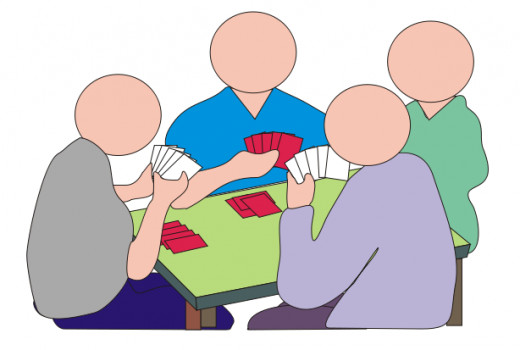
Ball Games
Encouraging hand/eye co-ordination is vital. Such tasks as styling your hair, applying a lipstick, putting on your shoes and eating with a knife and fork all require sophisticated co-ordination which can deteriorate as dementia progresses. Many people with advanced dementia finish up eating their food with their hands.
So games involving hand/eye co-ordination are especially important. Ball games encourage this in a fun way.
A large, soft beach ball is good to use, throwing it randomly towards residents, having them catch and throw back or to another person other than yourself.
Another good game is the kind that uses velcro bats for catching.
Quizzes
These should be made low key and best done in small groups. When an elder's memory is very bad you are not in the business of humiliating them in front of a crowd! Small groups can be encouraging especially if the people know each other well.
General knowledge questions, or even subject specific can be quite difficult, so select questions with care, relating them, if you can, to the individual.
Completing proverbs and sayings is a great way to stimulate memory and encourage confidence. For example - 'A bird in the hand is worth two in the...?' (bush).
Multiple choice works well too, often by making the correct answer really obvious when the other answers are frankly ridiculous. This can add a bit of humour to the game, too.
Verbal Games
For example -
"Today I went to the store and I bought some Apples"
"Today I went to the store and I bought some Apples and some Bananas" etc.
It is not wise to push this too far as some people may become distressed if they can't remember what they bought at the store. However set a target of, say, "F". If that is successful go for "H".
Be sensitive enough to their cues so you know when to stop.
Other ideas in brief
* Short Story Time
* Poetry Club
* Sorting buttons into piles according to shape or colours
* Folding up clothes or pillowcases (some elders in care homes enjoy doing helpful daily tasks)
* Flower arranging using silk flowers so they can be reused
* Hand puppet making using old socks.
* Knitting squares for blankets (great done in a group)
* Charades
* Bingo
* Dominoes
* Scrabble
* Snakes and Ladders
* Growing spring bulbs in pots
* Model making using play dough or salt dough
* Dusting
* Dressing up using character hats
* Making refridgerator cakes
* Memory Bag (fill a bag with articles that relate to the outside world)
* Preparing vegetables, such as pea shelling
There are so many activities one can do with elders that I can't possibly list them all here, but I hope this article has provided you with some ideas.
Thank you for reading!
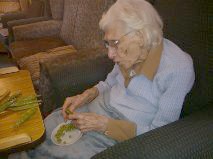
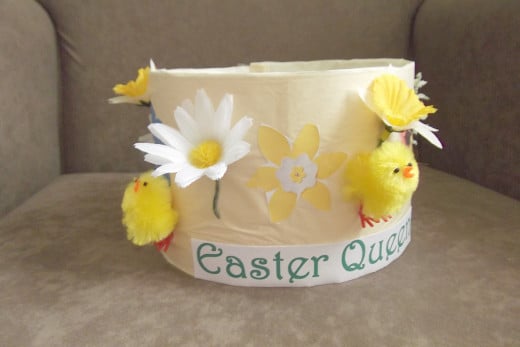
'Stained Glass Windows'
Recently some of my residents made 'stained glass windows'.
First they cut out shapes in black card, then stuck coloured tissue paper behind the shape. We then backed the card with white paper, attached a loop of string to the top for hanging, and Bob's your uncle! a pretty decoration to hang at the window of their room.
